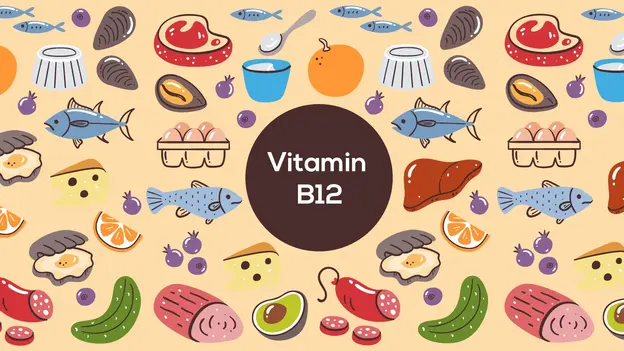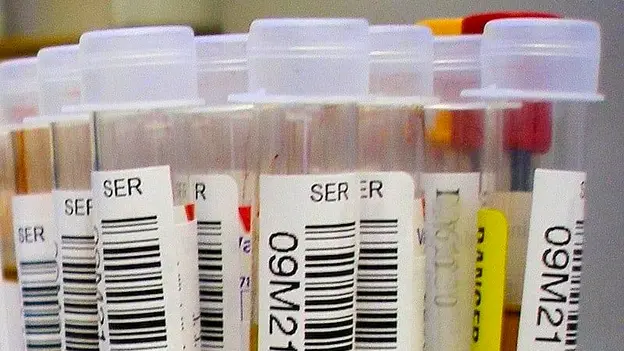Tandem Project
Combining Cultural and Genetic Factors for Medical Reference Values
Field Survey and Laboratory Study
Vitamin B12, also known as cobalamin, is an essential nutrient that plays a crucial role in various bodily functions. It is one of eight B vitamins that act as a cofactor for many enzymes responsible for the production of nucleic acid, myelin and synthesis of fatty acids. This way, the vitamin is involved in the metabolism of macronutrients, such as carbohydrates, proteins, and fats. It aids in the conversion of food into energy, ensuring proper energy production in the body. Also, it is necessary for the production of red blood cells in the bone marrow. It is involved in the synthesis of DNA, which is essential for the maturation and division of red blood cells.
Vitamin B12 deficiency in human bodies occurs as a result of malabsorption, inadequate bioavailability, and reduced intake. Generally, a low vitamin B12 level affect elderly. However, it can be also recorded in younger people such as vegans, alcoholics, people with renal diseases, and gastrointestinal tract problems. Cobalamin is synthesized by micro-organisms and animal derived food (meat, dairy, poultry, and eggs) and is considered as solely natural source for humans to cover their need of vitamin B12.
Different vitamin B12 standard values
In the last decades, health sciences have shed new light onto vitamin B12, emphasizing its important role in our normal physiology. Low vitamin B12 levels have been associated with many cognitive, hematologic, and neurological disorders. Less known effects of vitamin B12 deficiency include cardiovascular disease, bone diseases, and increased abortion rates. In Germany and the EU, several studies have been conducted to investigate vitamin B12 levels and their controlling factors whereas these kinds of studies remain limited in the Arab world. As yet, each country has set a different cut-off value depending on age, sex, and analytical methods used. The establishment of a vitamin D standard value for Palestine is therefore also valuable and a great benefit for neighboring countries such as Jordan, Lebanon, or Syria.
Establishing new standard values for Palestinians
In the framework of several tandem projects the AGYA members Prof. Dr. Ahmad Amro and Dr. Sarah Carol followed an innovative approach by combining field surveys and laboratory analysis. Their aim was to establish appropriate vitamin B12 reference values for residents in Palestine, considering genetic and cultural factors that influence vitamin B12 metabolism and compare them with reference ranges in Germany and the EU. To avoid misinterpretation of vitamin B12 deficiencies in Palestinian society, the AGYA members gathered and analysed blood samples from 300 healthy Palestinian residents in the West Bank. Simultaneously, the participants completed a questionnaire that focused on demographic and socioeconomic background, cultural behaviour and traditions, as well as medical condition and diet. Ahmad Amros’ team at Al-Quds University conducted the field survey and blood sample analysis, while Sarah Corals’ expertise in the social sciences was highly valuable in the evaluation of the survey data. A primary conclusion from the Palestinian’s vitamin B12 reference values show an exclusive profile, which is consistent with the German and global reference values. However, significant differences related to age, gender, and cultural factors are somehow also established and require more blood samples analysis to be confirmed.
- Disciplines Involved
- Pharmacy, Medicine, Biochemistry, Social Sciences
- Cooperation Partners
- Al-Quds University, Jerusalem, Palestine
- University College Dublin, Ireland
- Project Title
- Establishment of Vitamin B12 Reference Values in the Palestinian Society and Investigation of Cultural, Behavioural, and Socioeconomic Effects Compared to Reference Values in Germany
- Year
- 2022
- Funding Scheme
- Tandem Project
- Countries Involved
- Palestine, Germany, Ireland



